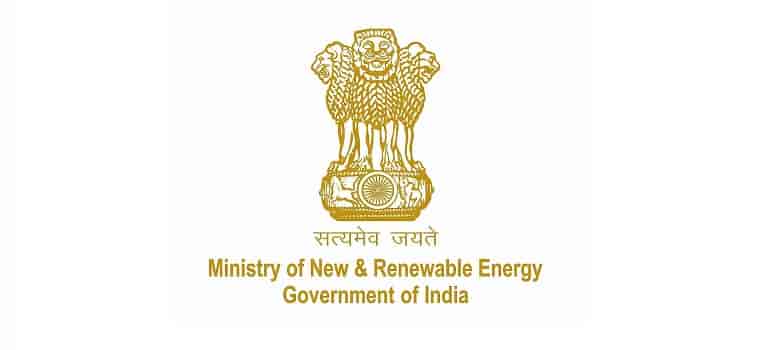
In a step toward increasing the collaboration between US and India for clean energy development, the US Agency for International Development (USAID) and the Ministry of New and Renewable Energy (MNRE) have announced the launch of a partnership between the USAID-supported South Asia Group for Energy (SAGE) and MNRE’s national technical institutions. Here we bring you few things that you should know about the partnership
- SAGE will provide advanced technical knowledge on clean energy development embedded in the US Department of Energy’s National Laboratories to MNRE’s National Technical Institutions and other public institutes under this new partnership.
- MNRE Secretary Indu Shekhar Chaturvedi and USAID Deputy Assistant Administrator for Asia Javier Piedra launched the partnership on the sidelines of the ongoing US-India Strategic Energy Partnership (SEP) meetings on Tuesday.
- Through the SAGE initiative MNRE’s effort is to bring the best of US knowledge and expertise from three US Department of Energy labs to share with Indian national institutions.
- The SAGE will provide a formal platform for collaboration on clean energy development and will focus on increasing engagement with the MNRE national institutions so that they act as a powerhouse of science, engineering, and technology for India and the entire South Asia region.
- This institutional arrangement will result in US and Indian institutions sharing important technical information, including on innovative technologies to their mutual benefit.
- It will also contribute toward strengthening the broader partnership and friendship between both countries.
- SAGE will contribute significantly towards achieving the goals of US government’s Asia Enhancing Growth and Development through Energy (Asia EDGE) Initiative, a primary pillar of the US government’s Indo-Pacific vision in South Asia, and the US-India Strategic Energy Partnership.
- To maximise the impact of this partnership, the SAGE consortium in discussion with MNRE and its technical institutions, the National Institute of Wind Energy and the National Institute of Biomass Energy has identified several key topics.
- They are building world-class capabilities in cookstove testing in order to reduce the environmental and health impacts of traditional cookstove use; understanding the feasibility and impact of biomass and renewable energy hybrid systems; economic and environmental assessment of agriculture and bioenergy development; and advancing short- and long-term forecasting capabilities for wind and solar resources.
- The SAGE is a consortium consisting of USAID, the US Department of Energy and three of the Department of Energy’s National Laboratories — Lawrence Berkeley National Laboratory, National Renewable Energy Laboratory and the Pacific Northwest National Laboratory.
[jetpack_subscription_form
subscribe_placeholder=”Enter your email address”
show_subscribers_total=”false”
button_on_newline=”false”
submit_button_text=”Sign Up”
custom_background_emailfield_color=”undefined”
custom_background_button_color=”undefined”
custom_text_button_color=”undefined”
custom_font_size=”16″
custom_border_radius=”50″
custom_border_weight=”2″
custom_border_color=”#fcb900″
custom_padding=”15″
custom_spacing=”10″
submit_button_classes=”has-fcb-900-border-color has-background has-electric-grass-gradient-background”
email_field_classes=”has-fcb-900-border-color”
show_only_email_and_button=”true”
]

